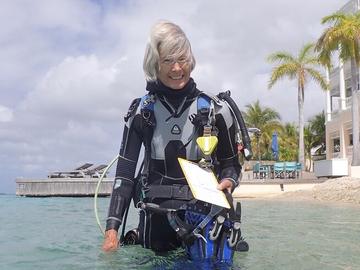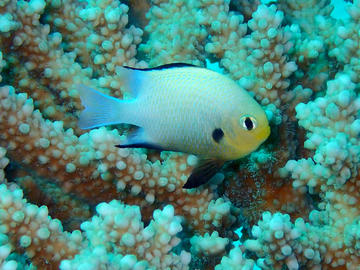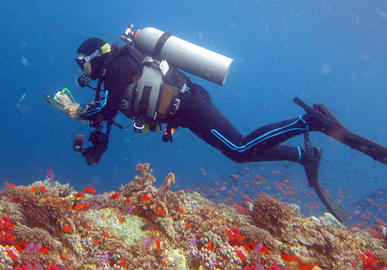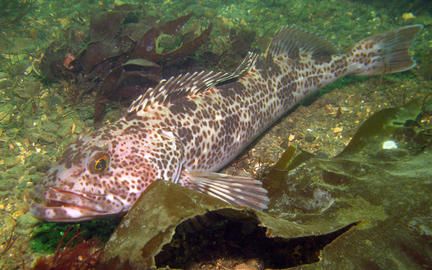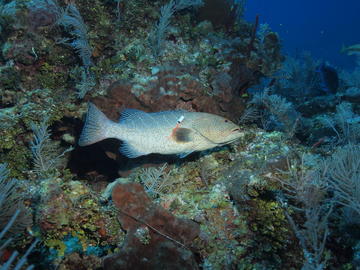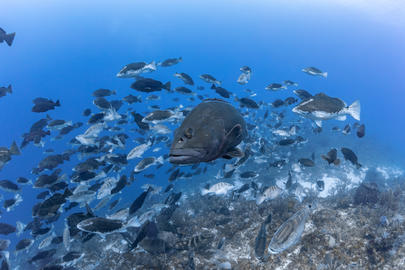Citizen science is growing increasingly important for managers and conservation science. The REEF Volunteer Fish Survey Project provides an accessible and flexible way for divers to contribute observations to a large database. This flexibility comes with challenges for analysis, but these challenges can be addressed with analytical models that account for variation in survey effort in time and space.
REEF was one of five citizen science (CS) project teams that participated in a multi-year study funded by the National Science Foundation to understand CS volunteers’ accuracy and skills. This paper is the culmination of that study, which included several facilitated exercises and meetings between external researchers and the project participants.
We are heartbroken to share the news that beloved REEF member, Cassandra Neal, passed away unexpectedly last month. Her kindness, laughter, and passion for the oceans will be greatly missed by many.
Since its launch in 1993, the REEF Volunteer Fish Survey Project (VFSP) has generated one of the largest marine life databases in the world. The database currently includes almost 278,000 surveys, from more than 15,000 sites throughout the world’s oceans. More than 16,000 volunteer divers and snorkelers have participated in this citizen science project.
Long-term data are essential for understanding how ocean species, communities, and habitats change over time. Citizen science programs like the REEF Volunteer Fish Survey Project make it possible for us to collect data that spans a large area and/or period of time. Meanwhile, other types of scientifically-collected data tend to be project-specific and are often tied to short funding periods, and these challenges are particularly true for environments that are difficult to sample, such as nearshore ocean habitats.
Long-term data are key to understanding how species, communities, and habitats change over time. Citizen science programs can support data collection at greater spatial and temporal scales than other types of scientifically collected data which tend to be project-specific and are often tied to short funding periods. This is particularly true for environments that are difficult to sample such as subtidal ecosystems. Reef Environmental Education Foundation (REEF) citizen science SCUBA surveyors have been collecting fish, invertebrate, and algae data in British Columbia since 1998.
If you have been following along the conservation success of the REEF Grouper Moon Project, you know that our team has made great strides for the preservation of Nassau Grouper populations in the Cayman Islands over the last 20 years. Did you know that this project goes beyond conducting research on the iconic Nassau Grouper? The spawning site on Little Cayman, where much of our Grouper Moon work happens, is an important location for more than 20 other species of fish.
Early life history stages of fish have been shown to be sensitive to environmental changes. Given predicted changes in the coming century to the world’s tropical oceans, it is important to characterize how these changes will affect growth and survival of species with commercial and ecological importance.
We don't usually think of fish as noisy animals, however, many species of fish are able to produce a variety of sounds, including clicks, purrs, grunts, pops, and even deeper noises like booms. A recent paper published in the The Journal of the Acoustical Society of America looked at the sounds made by different grouper species, as part of the Grouper Moon Project.

